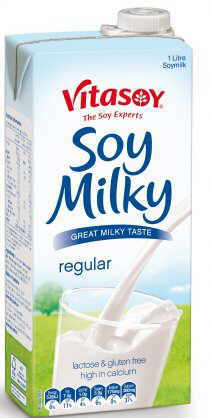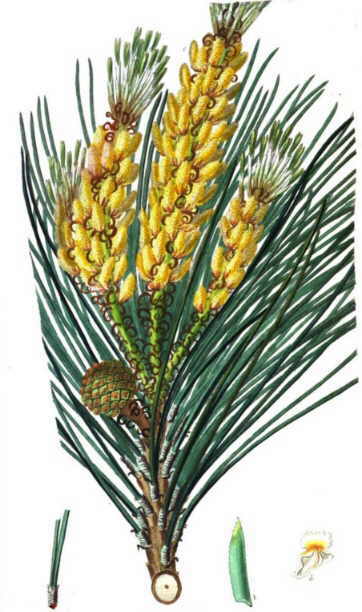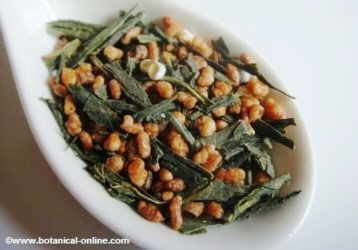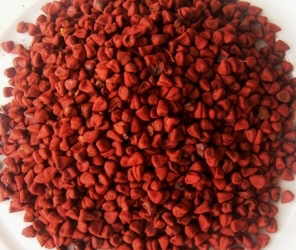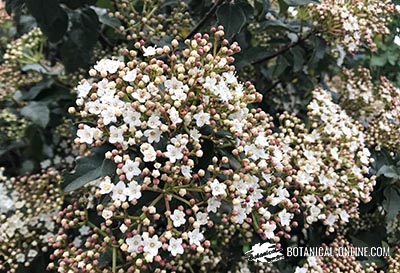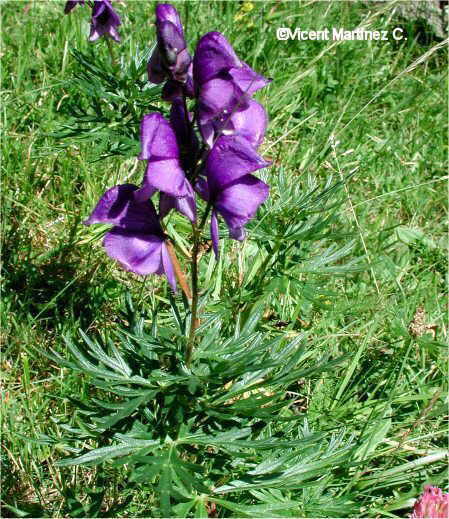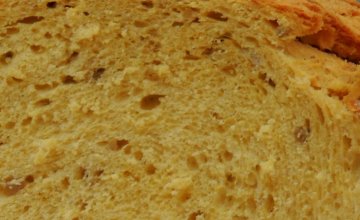Contents
Herbal treatment against fever
Phytotherapy: Herbal remedies for fever

Phytotherapy in the treatment of fever focuses on the use of those plants which function is:
- Decreasing body temperature.
- Eliminating the unpleasant symptoms accompanying fever.
- Establishing a natural alternative to the use of conventional antipyretics. (Natural Antipyretics), if possible
Internal use preparations with medicinal plants for fever
Among the main plants we have:
- Willow (Salix spp.) All the species of the genus Salix contain salicin. In addition to the analgesic properties, salicin also has antipyretic properties, that’s to say, they reduce fever, so that until the advent of aspirin, they were commonly used, and is still they are used in some places as a substitute for quinine (Cinchona pubescens) whose alkaloid quinine has been used to combat malaria and other fevers. To use willow bark is a cheaper form to treat fever. (See contraindications and use in the general study of the plant)
- Vanilla (Vanilla planifolia) It contains salicylates, salicylic acid, benzoic acid and eugenol, with antipyretic effects.

Vanilla pod, the part of the plant used as spice.
- Meadowsweet (Filipendula ulmaria) It is another species that contains salicin. You can use for the same purpose that willow. (Take a couple of cups of the infusion of one teaspoon of flowers per cup) (It has the same contraindications as willow.)
- Vervain (Verbena officinalis) (Infusion of a teaspoon of dried plant per cup of water for 10 minutes. Drink 2 or three cups a day)
- Guanabana or soursop (Annona muricata) The plant, especially the leaves have tranquilizing, sleep-inducing and antipyretic properties. They were used in traditional medicine to help relax the sick and provide a good sleep.
- Tamarind (Tamarindus indica) Due to its cooling and antipyretic properties, tamarind is also used to treat fever.(20 to 40g. tamarind pulp diluted in water up to 3 times daily /Infusion: 30g. of dry leaves per liter of water, 3 cups daily./ You can also consume tamarind drink)
- Pumpkin: (Cucurbita pepo) The decoction of leaves of pumpkin reduce fever. (Boil a handful and a half of pumpkin leaves per liter of water for 10 minutes. Let stand for half an hour. Take four cups a day.)
- Linden (Tilia x europaea) the flowers of this plant have antipyretic properties (Infusion of half a teaspoon of dried flowers per cup of water. Take a couple of cups a day. Maintain this treatment for a couple weeks.)

Linden leaves and flowers
- Coffee (Coffea arabica) Coffee leaves infusion is suitable for reducing fever. The anti-fever properties of coffee are conferred by its content in beta-sitosterol.
- Guarana: (Paullina cupana) The infusion of guarana is an effective remedy for the treatment of malarial fever.
- Blackcurrant (Ribes nigrum) black currant juice has got diaphoretic properties that help increase perspiration which can be very interesting to reduce fever (drink black currant juice in abundance)
- Ginger (Zingiber officinale) This plant has antiviral and antibacterial properties that help eliminate the infection and symptoms of many diseases such as influenza, cold, reducing pain and reduce fever. (Infusion of a teaspoon of dried root per cup of water. Take a couple of glasses a day. Add the juice of half a lemon to enhance its value.)

Infusion of ginger with lemon and mint
- Gentian: (Genciana lutea) (Decoction of half a teaspoon of dried root per cup of water. A couple of cups a day)
- Oregano (Origanum vulgare) At the onset of respiratory problems caused by infectious processes, such as coughs, colds, bronchitis, etc. oregano acts by eliminating coughs. It’s got bronchial anti-inflammatory properties, reducing fever and aiding to eliminate germs (Infusion of a spoonful of dried flowers per cup of water. Let stand half an hour and take a couple of cups a day. It is important to take it hot every time)
- Elder (Sambucus nigra) It is an excellent aid against respiratory diseases. The flowers are a good diaphoretic infusion which contributes to the healing of these processes. Very useful against respiratory problems, especially to relieve cough and fever-reducing processes accompanying flu, colds or bronchitis.
- Thyme (Thymus vulgaris) Thyme is a powerful antiseptic. Eliminates germs and reduces the symptoms of these infections, including fever or discomfort. It can be used to relieve sore throat if you have angina. Or when the chest is loaded. (Take three cups a day with the infusion of one teaspoon of dried flowers per cup) (You can take the syrup made with a tablespoon of thyme and two of chamomile in one quart of water until is reduced to 1 / 3. Sweeten and take 3 teaspoons a day.)
- Violet (Viola odorata) The flowers of this plant used in tea help reduce fever. (Infusion of a spoonful of dried flowers per liter of water. (Drink 2 to 4 cups daily)
 Viola odorata
Viola odorata - Eucalyptus (Eucalyptus globulus) Eucalyptus oil has anti-fever properties, very useful for reducing fever (Wet a cloth with a few drops of essential oil and apply on the skin)
- Hibiscus: (Hibiscus sp.) (infusion with a teaspoon of dried petals per cup of water. Take a couple of cups a day.)
- Mint (Mentha piperita /Mentha rotundifolia) An infusion made from the leaves increases the sweating and lowers fever. (Infusion of a spoonful of dried plant. Take a couple of cups a day)
- Wild celery (Angelica archangelica)
- Barley (Hordeum vulgare) barley water hydrates and reduces fever. (Dilute 5 teaspoons of barley water and two liters of water. Boil the mixture until it is half water. Add the juice of a lemon. Take two glasses per day)
- Lemon (Citrus limonum) Lemon juice is also helpful to quench thirst and remove (Drink lemon juice with a little honey)
- Apple (Malus domestica) to reduce the fever. (Decoction of 60 gr. Per liter of water for 15 minutes. Strain and drink 2 cups per day)
When is it appropriate to reduce fever with medication, under medical advice?
Fever is considered a cause for concern and you should consult your doctor in the following cases:
- If the fever remains above 40ºC, or when the fever lasts more than 2 or 3 days.
- When, in addition to fever, or after it passes, some unusual symptoms appear: stiffness in the neck, bruises on the skin, blood in the urine, difficulty breathing, seizures, etc.
- When, in addition to fever, you have a diagnosed illness.

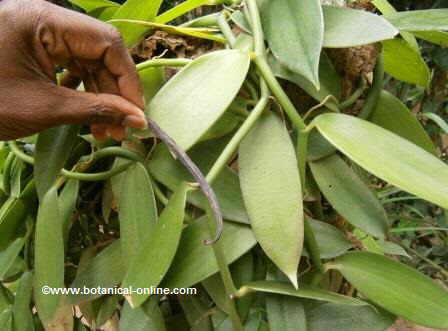
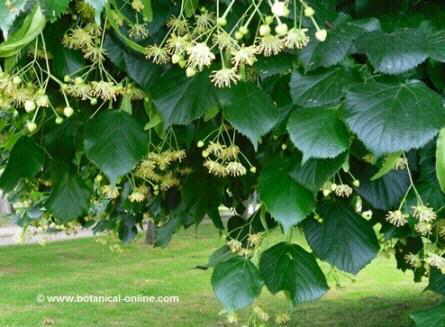
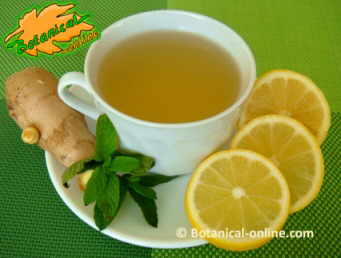
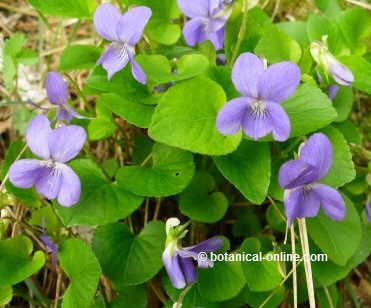 Viola odorata
Viola odorata